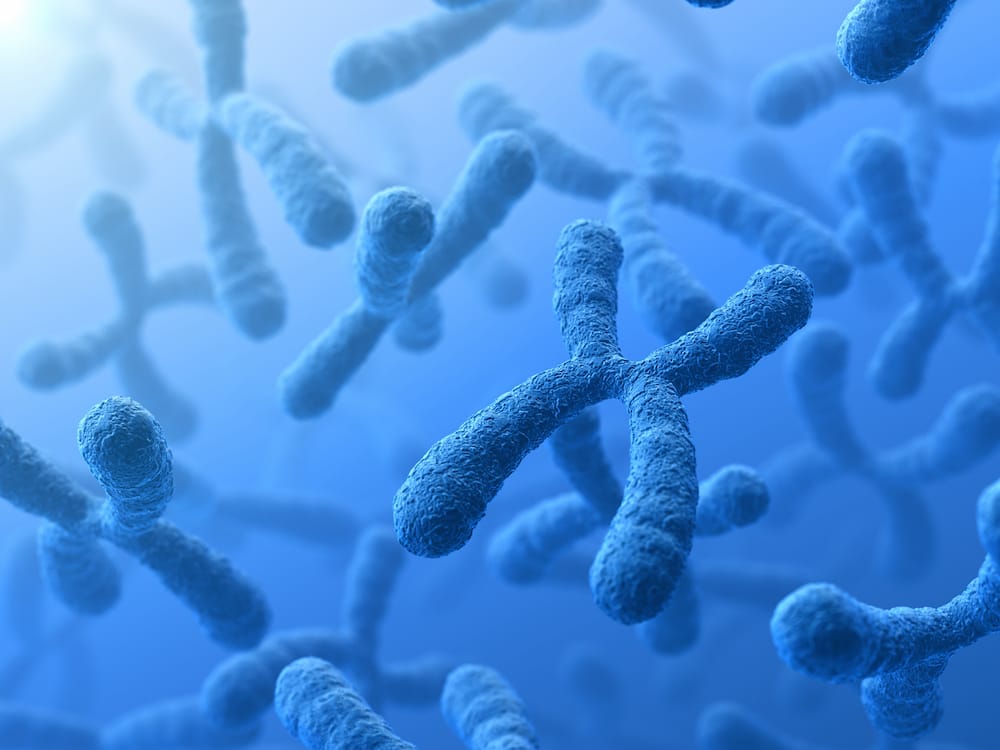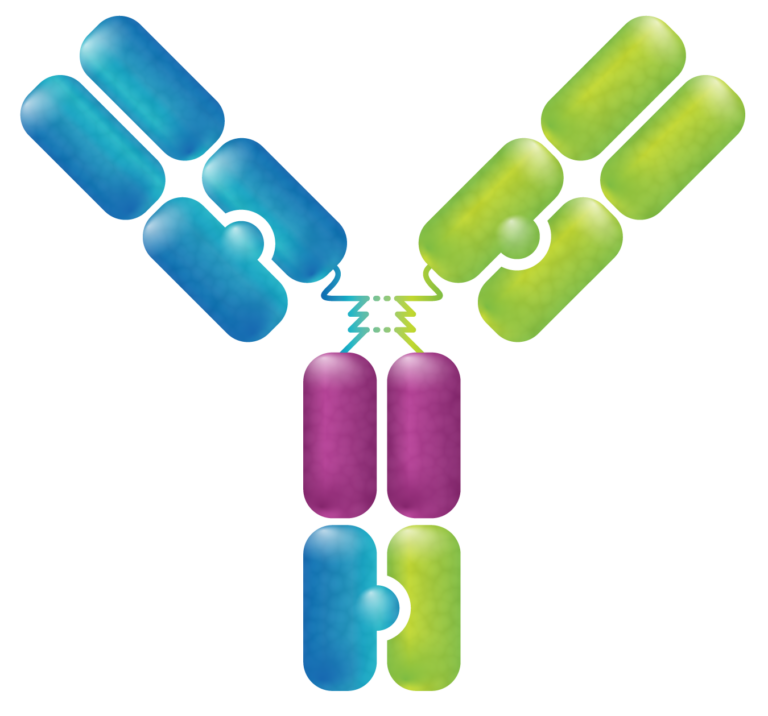
Get the optimal response
Effector Function Enhancement and Control Technology (EFECT™) allows our scientists to modify an area of the antibody to trigger our immune system to respond in a beneficial way.
The EFECT™ library includes proprietary mutations to the CH2 domain of the antibody’s Fc region to selectively modulate an antibody’s interactions with the Fc-gamma receptors (FcγR) expressed on the surface of immune cells and with a component of the complement pathway (i.e. C1q).
How It Works
Reiterative computer modelling of the Fc domain and functional validation identified a suite of proprietary point mutations that when introduced into the Fc domain can selectively modify its binding profile to either activating or inhibitory Fcγ receptors to enhance or negate binding and subsequent biological responses. As biological challenge dictates, these mutations can be incorporated into antibodies, multispecifics or drug conjugate-based therapeutics.
How We Differ
The EFECT™ platform creates unique antibody modifications that can tailor therapeutic response by directing the activity of recruited immune cells as described in example approaches below:
- Up-regulate activity to enhance immune function
Enhance antibody-dependent cellular cytotoxicity (ADCC; NK-cell driven) and antibody-dependent cellular phagocytosis (ADCP; macrophage driven) with EFECT™ antibody variants that selectively increase binding to the FcγRIIIa and/or FcγRIIa receptors. Deploy mutations that enhance FcRIIb anchoring and antibody cross linking to maximize agonistic antibody mediated immune co-stimulation (eg TNFR superfamily members).
- Down-regulate activity to suppress auto-immunity
Inhibit unwanted antibody-mediated auto-immunity by reducing immune responses of B cells with EFECT™ antibody variants that selectively increase binding to the FcγRIIb receptors.
- Eliminate cytotoxicity
Remove binding to all FcγRs and C1q where effector cell-mediated cytotoxicity is undesirable for therapeutic antibodies.
